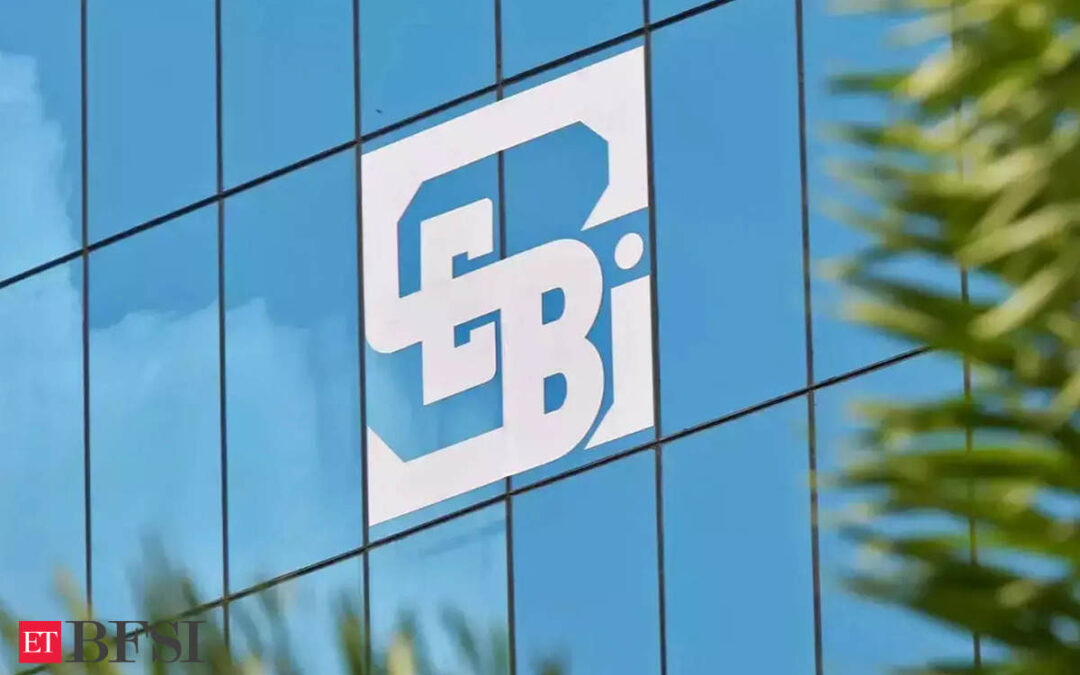The ‘silence’ of many ‘portfolio management service’ (PMS) firms has raised the regulator’s hackles in a runaway market. The Securities and Exchange Board of India (Sebi) is unable to reach out to a large number of PMS service providers who are not responding to queries, said a senior Sebi official during an interface with the PMS industry last week.
Typically arms of brokerages and asset managers, PMS houses handle the money of wealthy investors with several Bollywood actors, cricketers, and senior professionals as well as government functionaries putting a slice of their wealth with these investment managers.
There are 438 PMS firms registered with Sebi managing assets worth ₹7.5 lakh crore.
Manoj Kumar, the Sebi executive director who addressed the members of the PMS industry body APMI, however, did not quantify the number of firms who remain incommunicado and are thus failing to meet the basic compliance requirements. Sources told ET that about 100-odd operators fall in this category.
“This is not a good thing…If the regulator is unable to reach them, we wonder how investors are able to reach them,” said the Sebi official, emphasising the need to reconcile the list the regulator has with the members of the newly formed industry association.
“Don’t think you will take our registration and run away. We will chase you and we will catch you…that’s our commitment,” said Kumar.
Under the circumstances, Sebi, concerned about the possible misuse of a seemingly dormant licence, may either take a suo motu decision to cancel the licence or ask the service provider to surrender it. “There is no point in taking a licence and not being compliant. Any dead licence is always a concern. You have to be active not just in business but also in correspondence,” said a regulatory source.
According to APMI principal officer Rashim Bagga, 259 of the 438 registered PMS entities are APMI members managing around 90% of the assets under management (AUM). “APMI stays in constant contact with all its members and shares important regulatory communications with the entire industry,” said Bagga.
While many of the truant PMS firms may have dormant books accounting for little or no assets, there may be regulatory concerns arising from the possible misuse of the licence by a non-compliant entity – particularly amid intense investor interest in a surging market.
The minimum investment in a PMS is ₹50 lakh, up from ₹25 lakh in 2019 with the bulk of the money coming into discretionary PMS offerings where investors cannot influence the manager.
“If a PMS entity finds a way to accept less than ₹50 lakh from a single investor, or does a pooling of investments where there is no segmentation of clients’ money or maintenance of separate demat account for every client, it would be in gross violation of regulations,” said a senior official of PMS firm. “When a PMS firm pools the money received from various clients in a single bank account, it does a bookkeeping to segregate the contributions from different investors. Under the regulations, a PMS provider cannot in any way use one client’s money to buy stocks for another client’s portfolio,” said the person.
Sebi, which has formed a dedicated team to look into the PMS sector, collects a sizable amount of information from the regulated entities – such as account opening details, funds lying against the name of a client, redemptions, fees, brokerages and custody charges among other things. Besides, Sebi seeks fund managers’ responses whenever the system throws up alerts based on a string of ‘deviation parameters’ set by the regulator. “This could be a deviation from the minimum ₹50 lakh investment, or any short position if underlying is missing, or variations from the key regulations,” said the industry official.
The regulator also sent a strong message to the industry that a handful of service providers should not be driving the agenda for the entire PMS sector which has diverse types of members.











